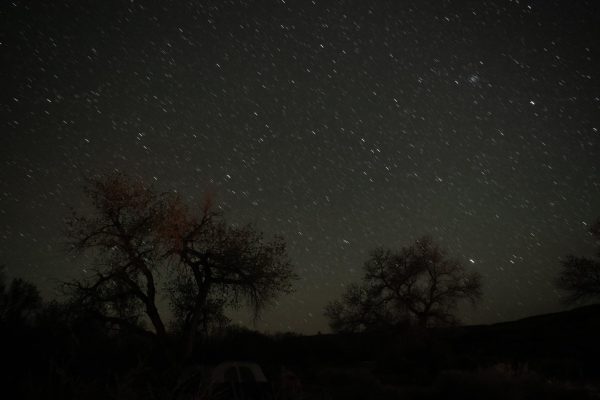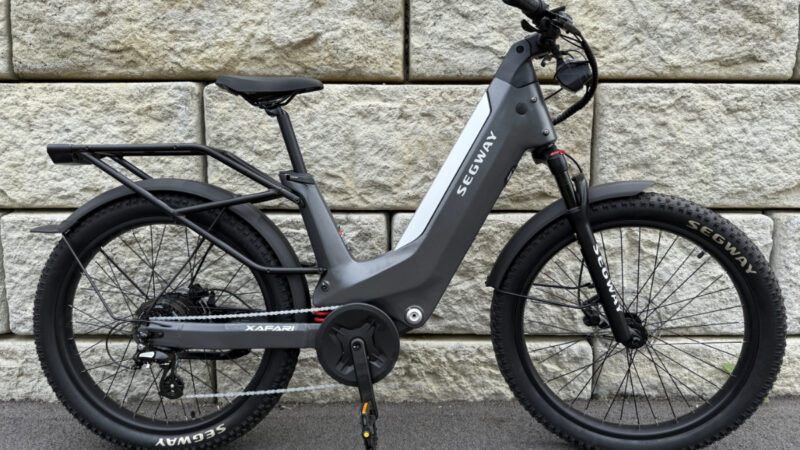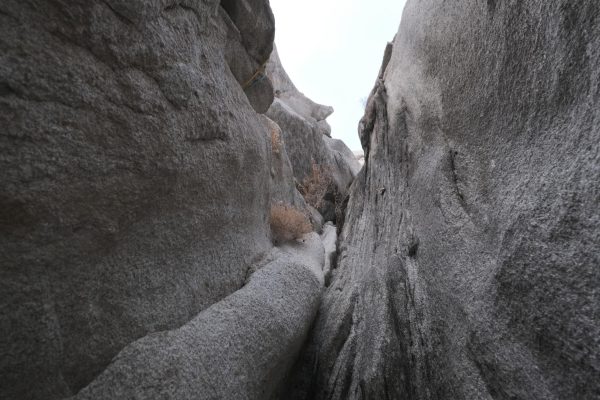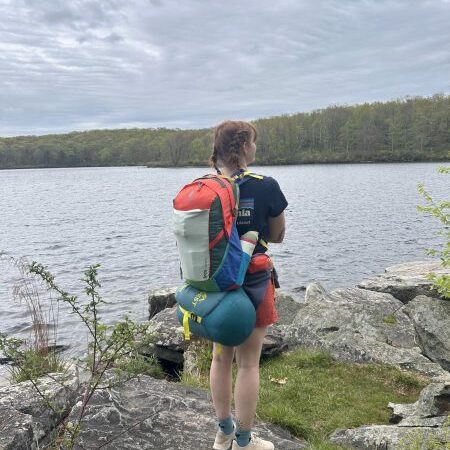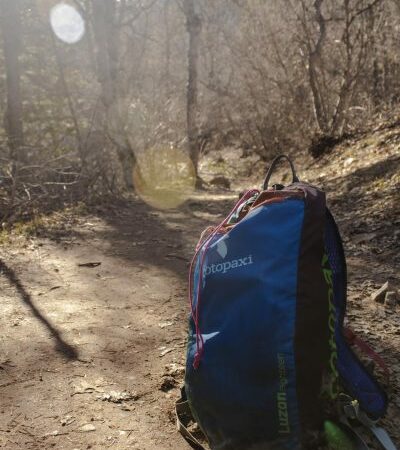Accessibility in the Outdoors
October 23rd – 27th is Disability and Chronic Medical Conditions Week at the U, a week for learning, unlearning, events and community hosted by the U’s disability and chronic illness focused student organization, Chronically Us. (Learn more here)
To create truly inclusive outdoor spaces requires a conscious effort in dismantling barriers – both physical barriers and those related to stigmas about disability, chronic illness and neurodivergence.
We are seeing a growing recognition of the importance of accessibility in nature in things like
- accessible trails,
- parks designed with universal design principles,
- adaptive outdoor gear and
- organizations providing accessibility-focused adventure trips.
Highlighting the availability of gear, organizations, spaces and trips specifically designed as accessible is not necessarily about showcasing technological advancements or ‘inspiration’ but about encouraging a mindset shift and acknowledging that diversity and accessibility enhances the outdoor experience.
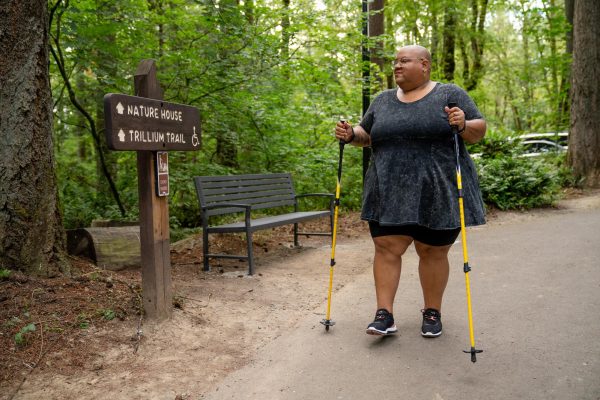
 ” marked ahead. (This image appears in the Disabled and Here photo collection and was taken by Justin Katigbak).
” marked ahead. (This image appears in the Disabled and Here photo collection and was taken by Justin Katigbak).
The National Park Service, for example, hosts a database of over 60 parks, memorials, historic buildings and other places connected to disability history. These spaces serve as tangible reminders of the disability rights movement and the struggles and progress associated with it. In another example, Letchworth State Park in New York includes a mile-long trail that features 8 spaces designed with neurodivergent access needs in mind, incorporating aspects like a quiet reflection area, a space where visitors can play away from background noise and frequent and consistent signage.
Check out these additional resources focused on disability and chronic illness in the outdoors.
- Disabled Hikers – A disabled-led organization celebrating disabled people’s experiences in the outdoors.
- National Park Service: National Park & Federal Recreational Lands Access Pass – The National Park Service offers a free, lifetime pass to U.S. citizens or permanent residents that have been medically determined to have a permanent disability (does not have to be a 100% disability). The pass provides admittance to more than 2,000 recreation sites managed by six Federal agencies.
- Chronic illness doesn’t stop me from enjoying the outdoors. Ableism does. – An article exploring one person’s experience with chronic illness and hiking.
- Braille Mountain Initiative – One example of outdoor organizations prioritizing accessibility. A nonprofit organization that provides accessible backcountry adventure trips for blind and visually impaired skiers.

The post Accessibility in the Outdoors appeared first on Wasatch Magazine.
Source: https://wasatchmag.com/accessibility-in-the-outdoors/


